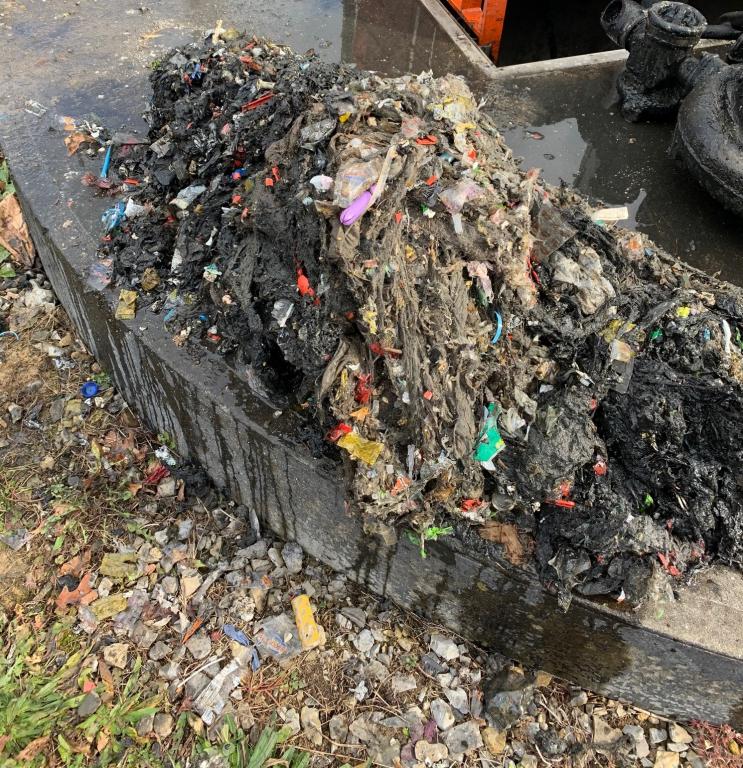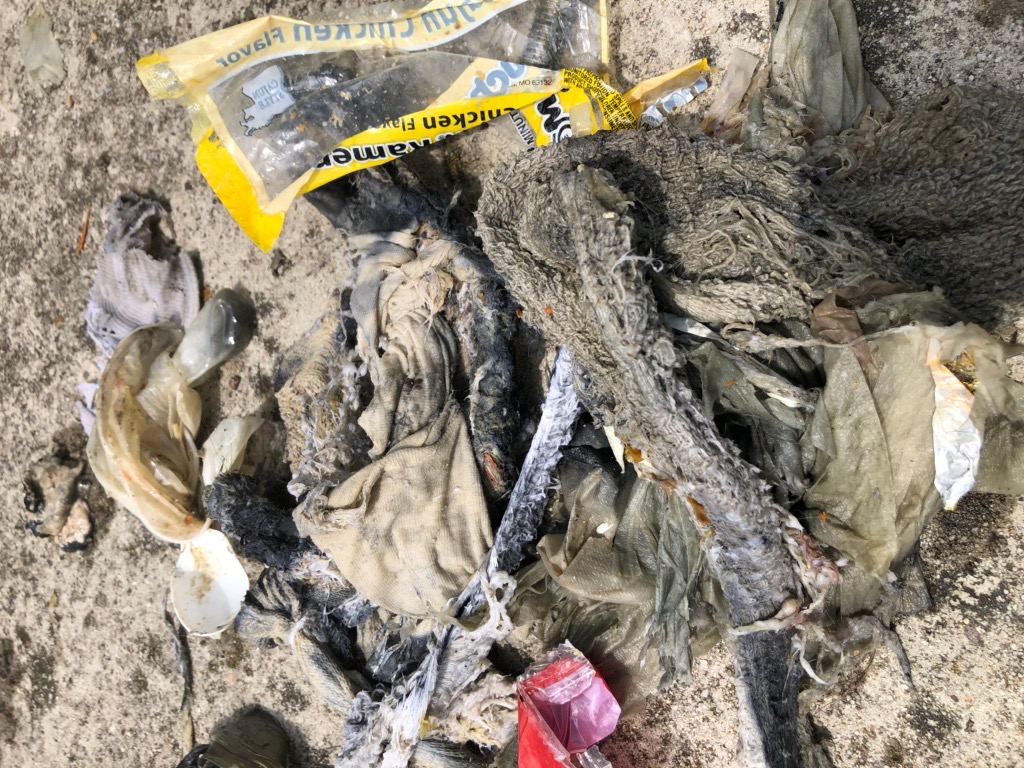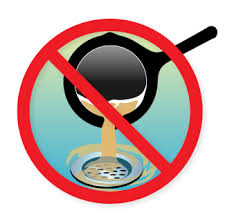


To flush or not to flush?
The Bedford Township Municipal Authority has experienced a significant amount of trash entering into its public sewer system and would like to remind users of its system what is acceptable use of the system.
Out of sight, out of mind. That tends to be the mind set when disposing of things into the public sewer system.
However, public sewer systems are only designed to handle wastewater from appliances such as washing machines and dishwashers, as well as from sinks, baths and human waste and toilet paper flushed down toilets. Sewer systems are not meant to be used as trash receptacles.
Most people do not realize that the pipes connecting their home or business to the public sewer system are usually only four inches in diameter. By putting anything other than water, human waste, and toilet paper down drains they risk clogging their pipes, as well as the main sewer lines.
Just because an item claims to be “disposable” or “flushable” does not mean it should be flushed down the toilet. So called “flushable” wipes do not disintegrate like toilet paper does, but instead acts like a net, catching other debris causing larger clumps of debris to form which can clog sewer mains and lift station pumps. “Disposable” items such as feminine hygience products, cotton balls, Q-Tips, condoms, etc. that may make it the entire way through the public sewer system end up in rivers and lakes.
Fats, Oils & Grease (FOG)

Another enemy to public sewer systems is FOG. These items should never be allowed to enter the public sewer system. By allowing any of these items to enter the drains of residences or businesses, customers not only risk clogging their private line, but also the sewer mains. Each time one of these is released into the system residual is left behind on pipes and continues to build up over time until blockage forms. These blockages can result in sewage backups which can enter homes and businesses and be very expensive to repair.
Only the three P’s, pee, poop and (toilet) paper, should ever be flushed down the toilet and only water should go down drains.
Bottom line is, if trash and debris continue to be discarded into the public sewer system BTMA will have no option but to raise sewer rates in order to cover the additional labor and repair costs associated with this issue. BTMA encourages businesses to hang posters in restrooms and break rooms reminding employees of what should and should not be disposed of in toilets and drains. Remember, it is everyone’s responsibility to help maintain the public system in order to keep costs down.